Police have imposed a strict curfew with a “shoot-on-sight” order across Bangladesh as military forces patrolled parts of the capital, Dhaka.
The crackdown came after scores of people were killed and hundreds injured in clashes over the allocation of civil service jobs.

The curfew began at midnight and was relaxed from noon to 2pm (7am-9am BST) for people to run essential errands, and is expected to last until 10am on Sunday (5am BST), during which time officers are authorised to fire on mobs in extreme cases, said Obaidul Quader, the general secretary of the ruling Awami League party.
The demonstrations – called for mainly by student groups – started weeks ago to protest a quota system that reserves up to 30% of government jobs for relatives of veterans who fought in Bangladesh’s war of independence in 1971.
Violence erupted on Tuesday, with the Daily Prothom Alo newspaper reporting the death of at least 103 people.
Friday was likely to be the deadliest day so far. Somoy TV reported 43 killed, while an Associated Press reporter saw 23 bodies at Dhaka Medical College and Hospital, but it was not immediately clear whether they all died on Friday.
On Thursday, 22 others were reported dead as protesting students attempted to “completely shut down” the country.
The US embassy in Dhaka said reports indicated “hundreds to possibly thousands” were injured across Bangladesh. It said the situation was “extremely volatile”.
Bangladeshi authorities have not shared any official numbers of those killed and injured.
Officials said the curfew was to quell further violence after police and protesters clashed in the streets and at university campuses in Dhaka and other cities across the South Asian country.
Authorities blocked online communications by banning mobile and internet services.
Several television news channels also went off the air, and the websites of most local newspapers were down. Meanwhile, some key government websites, including Bangladesh’s central bank and the Prime Minister’s office, appeared to have been hacked and defaced.
Local media also reported that some 800 inmates fled from a prison in Narsingdi, a district north of the capital, after protesters stormed the facility and set it on fire on Friday.
The chaos highlights cracks in Bangladesh’s governance and economy and the frustration of youths who lack good jobs upon graduation.
They also represent the biggest challenge to Prime Minister Sheikh Hasina since she won a fourth consecutive term in office after January’s elections, boycotted by the main opposition groups.
Protesters argue the quota system is discriminatory and benefits supporters of Hasina, whose Awami League party led the independence movement, saying it should be replaced with a merit-based system.
Ms Hasina has defended the quota system, saying that veterans deserve the highest respect for their contributions in the war against Pakistan, regardless of their political affiliation.
Representatives from both sides met late on Friday in an attempt to reach a resolution. At least three student leaders were present and demanded the reform of the current quota system, the reopening of student dormitories shut by the police following the clashes and for some university officials to step down after failing to protect campuses from the violence.
Law Minister Anisul Huq said the government was open to discussing their demands.
The main opposition Bangladesh Nationalist Party (BNP) has backed the protests, and vowed to organise its own demonstrations as many of its supporters joined the students’ protests.
However, the BNP said in a statement its followers were not responsible for the violence and denied the ruling party’s accusations of using the protests for political gains.
The Awami League and the BNP have often accused each other of fuelling political chaos and violence, most recently ahead of the country’s national election, which was marred by a crackdown on several opposition figures.
Ms Hasina’s government had accused the opposition party of attempting to disrupt the vote.




